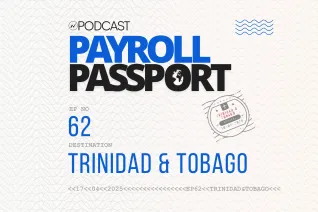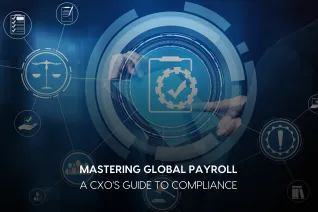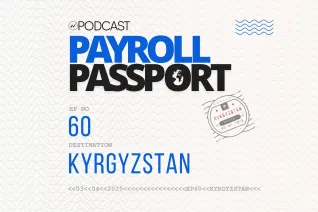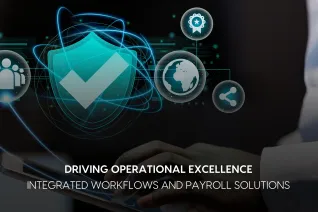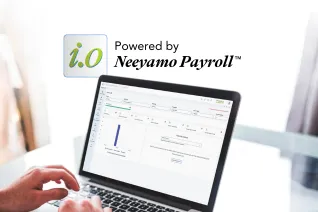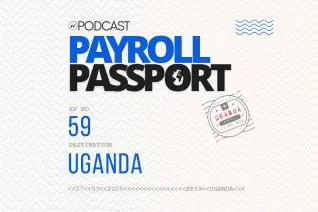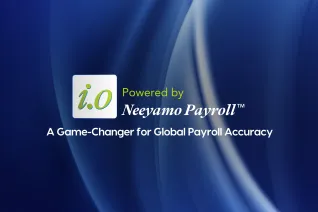Country Spotlight: Employer of Record in Japan
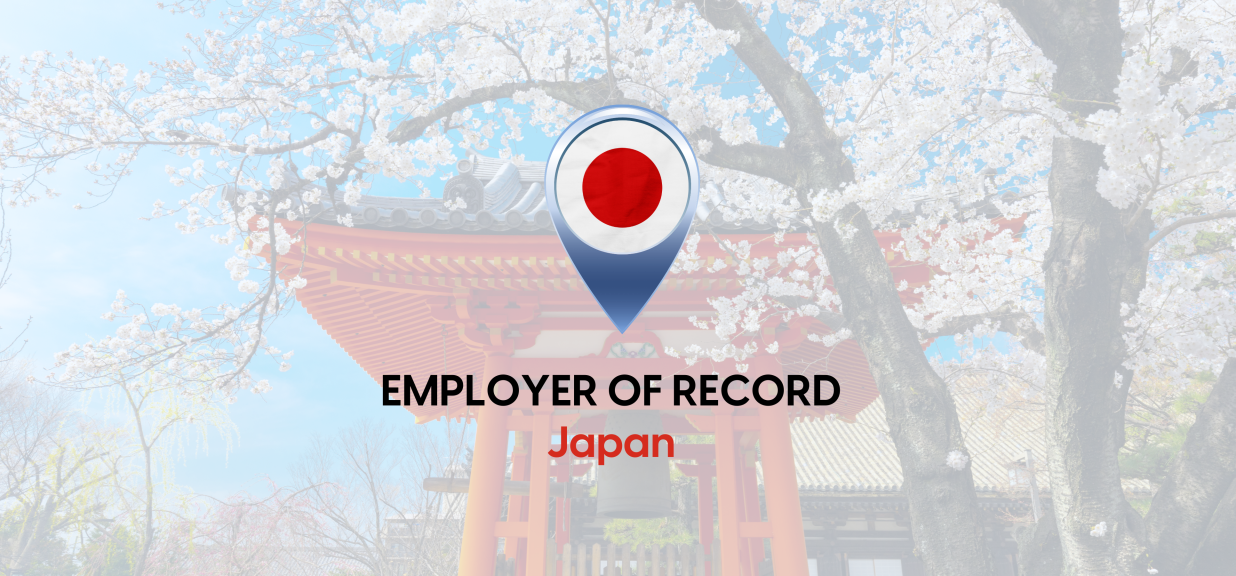
Ever wondered how companies were created, or maybe even where the first company was founded? Let me help you out, Japan is home to the world's oldest company! Kongō Gumi, a construction company specializing in Buddhist temples, was founded in 578 AD and operated for a whopping 1,428 years before being acquired in 2006. This longevity exemplifies Japan's rich history and its ability to blend tradition with innovation.
Just as Japan seamlessly combines the ancient and the modern, it also presents a unique landscape for global businesses looking to expand their operations. However, navigating Japan's complex local labor laws and cultural nuances can be as challenging as mastering the art of sushi-making. This is where an Employer of Record (EOR) service becomes your trusted guide, expertly leading you through the intricacies of Japanese employment.
Japanese Labor Laws
In Japan, harmony is not just a cultural concept but also a guiding principle in the workplace. Japanese labor laws reflect this philosophy, aiming to balance employer needs with worker protections. Some key aspects include:
- The Labor Standards Act: This foundational law sets basic standards for working conditions, including wages, working hours, and safety.
- The Labor Contract Act: Enacted in 2008, this law governs the establishment, change, and termination of labor contracts.
- The Trade Union Act: This law guarantees workers' rights to organize and bargain collectively.
One of the main challenges for foreign companies is understanding the concept of "lifetime employment," which, although not legally mandated, is deeply ingrained in Japanese work culture. This expectation of long-term commitment can impact hiring practices and employee relations.
An EOR provider can help you navigate these cultural expectations while ensuring compliance with local regulations, as well as legal requirements, much like a skilled diplomat bridging cultural gaps.
YOU MAY ALSO BE INTERESTED IN I Remote work, Real taxes: Navigating the Global Maze
Taxation in Japan
Japan's tax system is as complex as a Tokyo subway map. Employers must navigate various contributions, including income tax, social security, and local inhabitant tax. The progressive income tax rate ranges from 5% to 45%, with an additional 2.1% surtax.
Key challenges include:
- Year-end tax adjustment (Nenmatsu-chosei): Employers must perform this annual reconciliation for each employee, adjusting withholdings based on deductions and credits.
- Social Insurance premiums: These include health insurance, pension insurance, and employment insurance, with rates varying based on the employee's age and salary.
- Inhabitant tax: This local tax is based on the previous year's income and is typically withheld from employees' salaries in monthly installments.
An experienced EOR provider can help you slice through this complexity, ensuring accurate calculations and timely payments. They handle everything from payroll taxes to social insurance contributions, allowing you to focus on your business growth rather than getting tangled in tax codes.
Work Hours and Overtime
Japan is famous for its work ethic, but recent legislative changes aim to improve work-life balance. The standard work week is 40 hours, with a maximum of 8 hours daily. However, overtime is a significant aspect of Japanese work culture.
Recent reforms, part of the "Work Style Reform" legislation, have set caps on overtime, such as:
- 45 hours per month
- 360 hours per year
- Up to 100 hours per month during busy periods (limited to 6 months per year)
Overtime must be paid at a premium rate, typically 125% of the regular wage, increasing to 150% for work between 10 PM and 5 AM.
Managing overtime can be challenging, especially given cultural expectations. An EOR provider can ensure compliance and advise on best practices for managing overtime within cultural expectations.
Tune In I Payroll Passport Ep 03. Japan
Leave Benefits in Japan
Japan offers a range of leave benefits that reflect a balance between work dedication and personal time:
- Annual Leave: Employees in Japan are entitled to a minimum of 10 days of paid annual leave after six months of employment, increasing to 20 days with tenure.
- Public Holidays: Japan observes 16 national holidays annually.
- Maternity Leave: Female employees can take up to 6 weeks before birth and 8 weeks after birth, with social insurance covering two-thirds of their salary.
- Paternity Leave: Fathers can take up to 12 months of childcare leave, with social insurance providing partial income replacement.
- Sick Leave: While not legally mandated, many companies provide some form of sick leave.
An EOR can help implement policies that encourage a healthy work-life balance while respecting local customs.
Privacy Laws in Japan
Japan maintains strict data protection standards under the Act on the Protection of Personal Information (APPI). Key requirements include:
- Obtaining consent for collecting and using personal data
- Implementing security measures to protect personal information
- Appointing a person responsible for managing personal information
- Reporting data breaches to the Personal Information Protection Commission
Non-compliance can result in fines of up to 100 million yen for corporations. An experienced EOR service provider will implement robust data security measures, ensuring your employees' personal information is protected with the same diligence as a master swordsmith guarding their techniques.
Unlocking Japan's Potential with EOR
Navigating the complexities of Japanese employment law doesn't have to be as challenging as deciphering ancient kanji. A comprehensive EOR solution offers a seamless entry for companies looking to tap into Japan's skilled workforce and innovative market.
By combining local expertise with cutting-edge technology, Neeyamo can handle everything from drafting compliant employment contracts to processing payroll and managing benefits. Neeyamo ensures that your global employment experience in Japan is as smooth as a perfectly brewed cup of matcha.
Don't let regulatory complexity hold back your Japanese expansion dreams. Reach out to Neeyamo to partner with an experienced EOR to unlock the full potential of Japan's talented workforce while ensuring seamless compliance and operational excellence. Your journey in the Land of the Rising Sun awaits!
Why choose Neeyamo for your EOR needs?
Unlock the power of seamless international expansion with Neeyamo's Employer of Record services. Neeyamo helps you hire employees in 150+ countries, allowing you to set no boundaries when hiring talent across the globe. Not convinced yet? Here's why we're your ideal partner:
Clueless with Compliance? Navigate complex international laws confidently.
Cost Concerns? Eliminate local entity setup, and optimize payroll.
Riddled with Risks? Minimize legal and financial risks globally.
Hassle-free HR operations? Onboarding to offboarding, we take care of your employee life cycle.
Shoulder to Support? 24/7 expert assistance in 50+ languages.
Neeyamo? Your key to effortless global expansion!
Latest Resources
Stay informed with latest updates
If you're curious and have a thirst for knowledge pertaining to the HR, payroll, and EOR universe, don't miss out on subscribing to our resources.




